Poker tournaments are the preferred modality for many players who love competitive poker. Although usually played on a point system, tournaments, due to their elimination structure and duration, offer a complete experience for all those looking to prove their level and face the best qualifiers.
But playing a tournament is not the same as beating a good player in a cash game. Things are quite different, and that is why we have prepared a compendium with some tips for you to know how to shape the best strategy to play in online poker tournaments.
Play well preflop
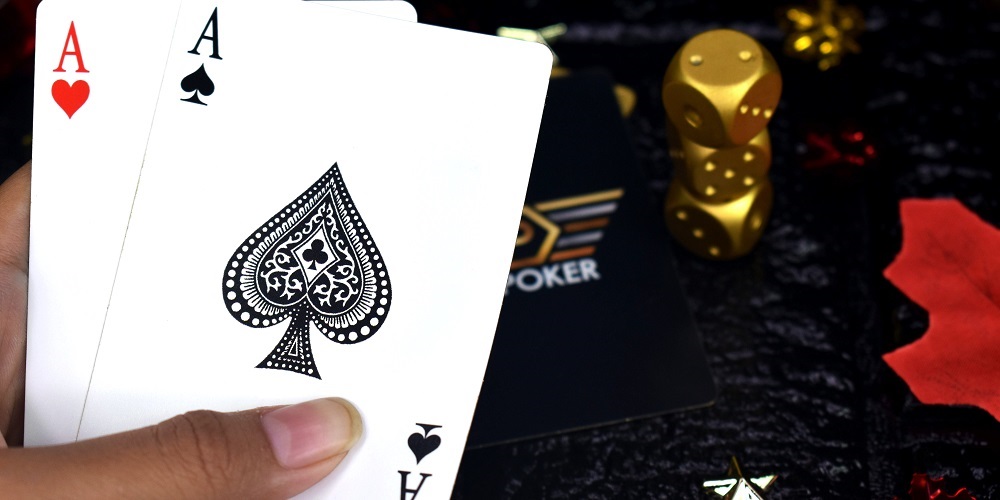
Let’s start at the beginning. If in a conventional poker game, the preflop game is important, you can imagine the role that the initial stages play in a game of these characteristics. The strategy in poker tournaments starts from the very moment the preflop gets underway, and in fact it is a critical phase because if you play the preflop badly, the whole round will be compromised.
And that has repercussions not only in the current round, but in the later phases of the tournament. Therefore: the ideal strategies for poker tournaments are based on a strong, aggressive preflop, with an absolute control of your tells and quick and risky decisions that represent a blow on the table. It will be to your advantage to adopt this style on later streets.
Beware of the bluffs, they start early
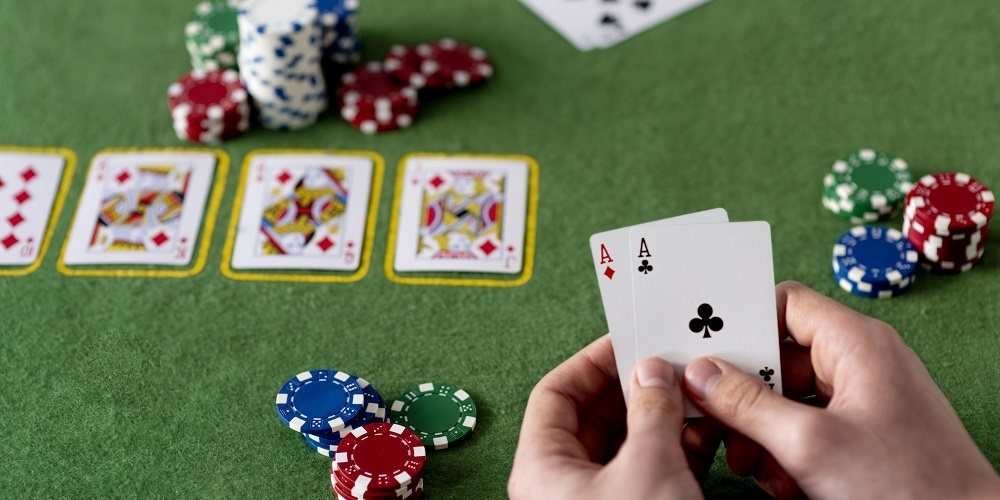
A poker tournament is not just another competition: it is a playoff where only the best survives. That means that with a mediocre starting hand you will have to risk, and the same for the rest. How does this affect the game? Well, you will soon see an attempt to bluff.
The bluffs start right away in tournaments, especially in MTTs. The fear of being too conservative and being left out usually pushes players to play with nothing (bluffing). And it can work out well, but you have to be careful. Players here are susceptible and expect to see a bluff sooner rather than later.
Get the best postflop hand
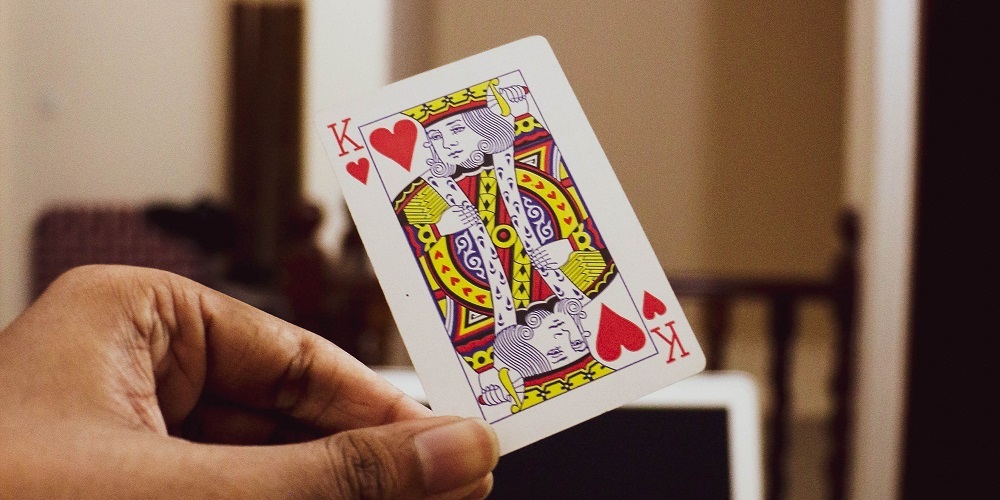
If the preflop game is important, the postflop game is the one that can end up giving you the victory if you know how to play it. It is important here to control the tells, both your own and the others, since this will allow you to go further in your postflop poker strategy for multi-table tournaments and all kinds of qualifying competitions.
Exerting pressure is important here, whether you have a good hand or not. Count your outs and play accordingly. If the numbers work out for you, chances are you’ll end up flipping your hand in postflop play, which puts you in a good position to change the pace of your play and start taking money out of your opponents.
Adopt changes of pace at specific moments
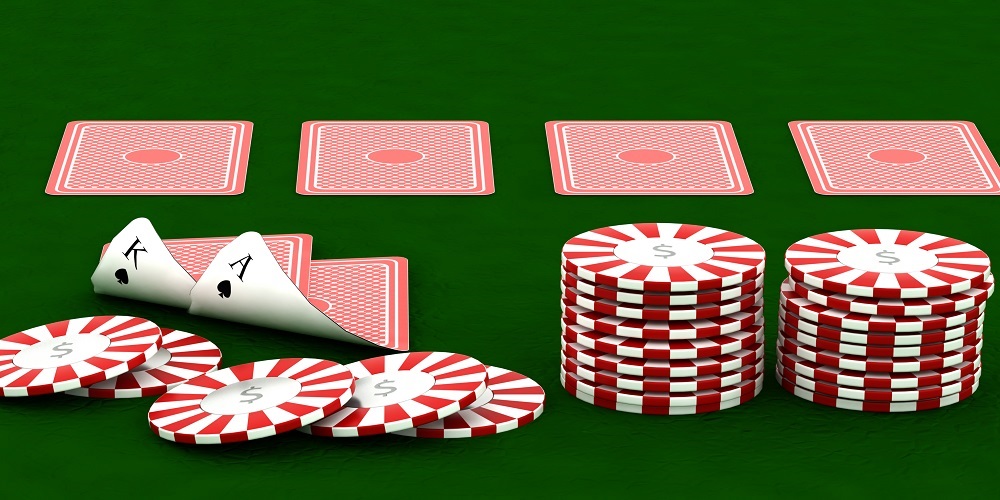
A change of pace in a poker tournament is only done when you really have a good hand. When in the postflop game you end up hitting your draw, you change gears and start with a new game, usually to enlarge the prize pool.
But you have to do it in a subtle way, because an abrupt change in your pace of play will put the rest on notice. And in tournaments positions are measured by volume of winnings, so you will have to learn how to make the others pay without giving yourself away.
These changes of pace can also be executed when you want to imply that you have something to go with at the end and you want to start bluffing. Usually, a disguised change of pace is a good bait to start working a bluff with, but use it well.
In MTT tournaments, start with small pairs
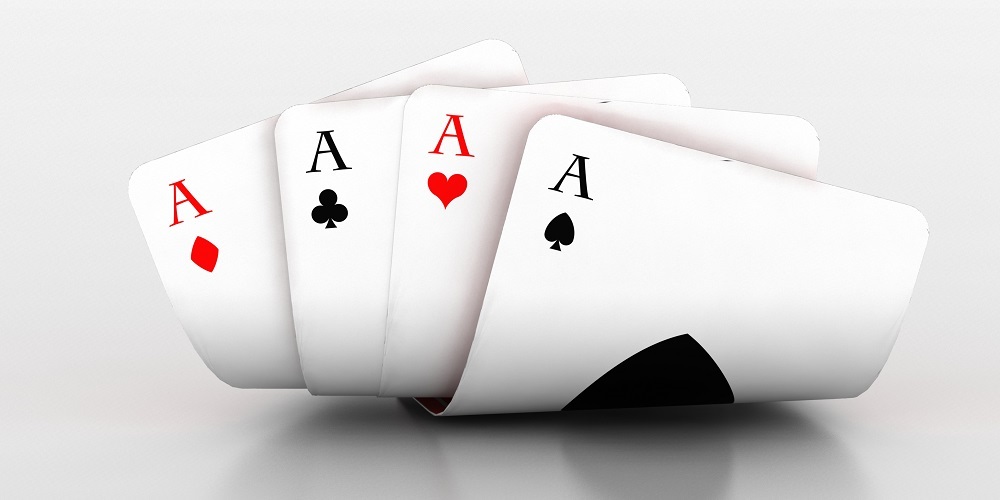
Every online poker MTT tournament strategy revolves around one thing: stack size. Therefore, strategies have to be adapted to the stack size to be viable. This means that, when the tournament starts, it will be in your favor to go little by little with low value pairs.
In multi-table tournaments, for example, to receive the implied odds payout, players must hit their set with the best hand. It’s all about timing and waiting for the villain of the round to have a hand he wants to play to the end.
Keep the pressure on
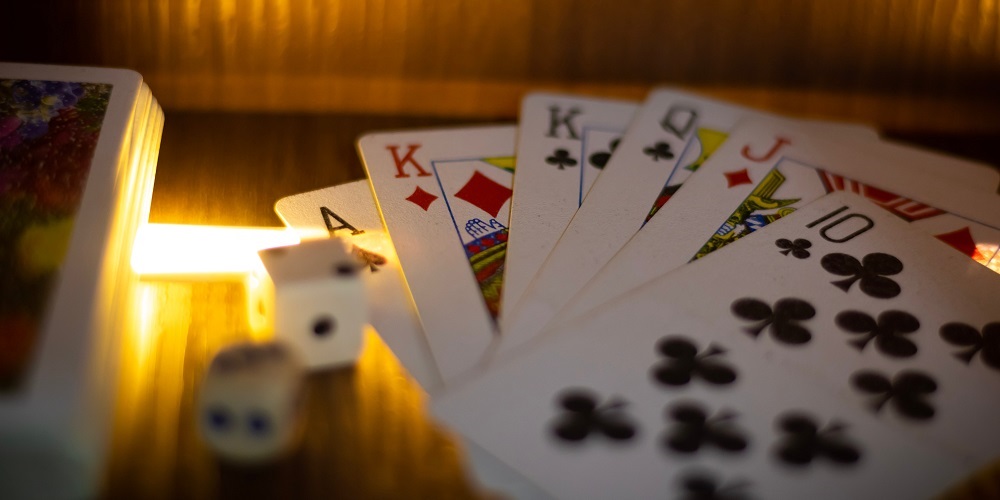
Any poker strategy in tournaments is based on constantly keeping the pressure on. Because in tournaments you play with the time factor, which coupled with moderate but continuously applied pressure, puts wear and tear on the players’ minds.
The wear and tear in a game of skill and mental endurance results in a somewhat disturbed decision-making capacity, far from their full potential and prone to make new mistakes that prevent them from obtaining an overall view of the situation.
This whole process is what can push a player to lose a hand, even with good cards. It is not for nothing that poker is considered a game of mental skill, and tournaments, with their knockout nature, test this skill.

